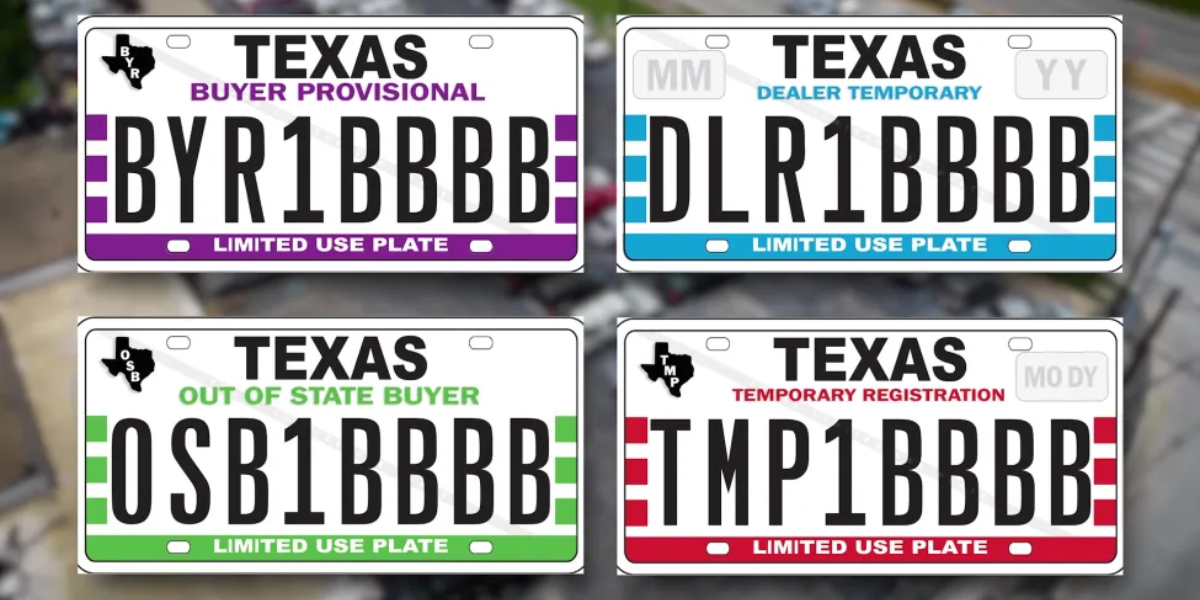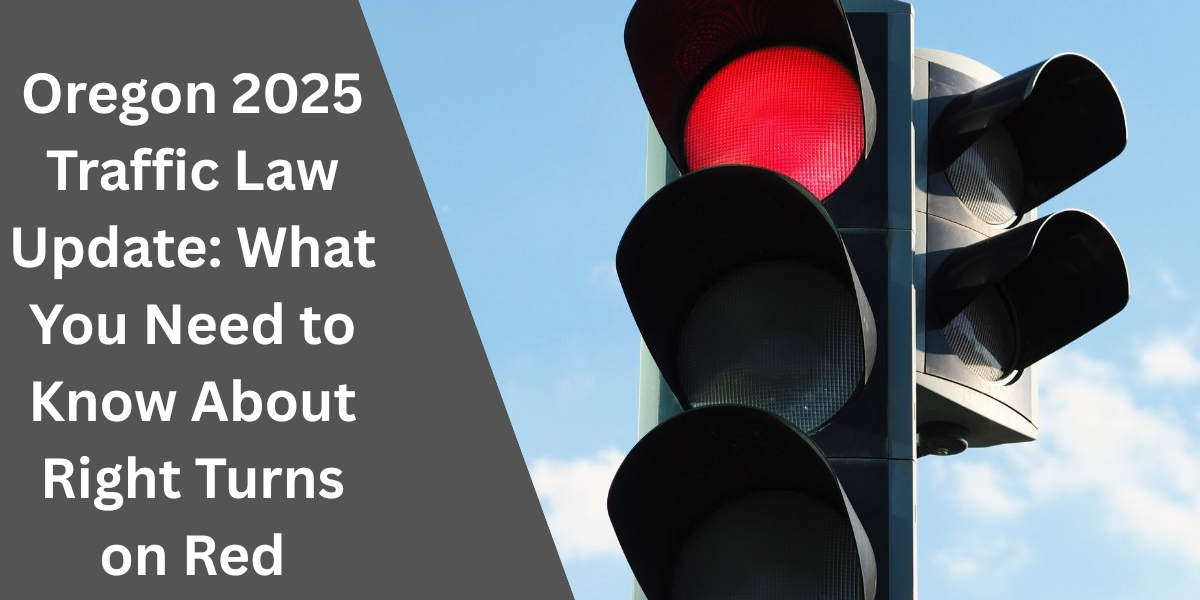As of the first of July, the Texas Department of Motor Vehicles will no longer be issuing temporary paper tags.
After a lengthy investigation that lasted for several months and revealed how criminals made millions of dollars by selling fake paper tags, this move was made in response to a change in state law that was implemented.
Instead of a temporary printed paper license plate, prospective buyers of automobiles in the state of Texas will now typically drive off the lot of the dealer with a regular metal license plate.
“This represents a sizable shift. Throughout the entirety of my career in the automobile industry, which dates back to the 1980s, we have been dealing with paper tags or some form of paper tags,” said Don Herring, a car dealer in DFW who also serves as the chairperson of the board of directors for the North Texas Automobile Dealers Association.
Using the webDEALER system provided by the Texas Department of Motor Vehicles (DMV) to issue metal tags and register them directly to car buyers is something that dealers have been training and preparing for for several months, according to Herring. More strain is anticipated to be placed on the Department of Motor Vehicles’ system once that change is implemented.
Herring stated that they are going to experience a greater volume of traffic than they have ever experienced before.
It is important to note that the change is also scheduled to take effect just before July 4, which is typically a very busy time of year for the sale of automobiles. The new system will be ready to handle the volume on the first day, according to Herring, who stated that he is “not as confident as the DMV” in its readiness.
In the event that there was a glitch in the system, it does not mean that dealers would be unable to sell automobiles or distribute license plates. It is still possible for dealers to put license plates on your brand-new vehicle and provide you with something that is known as an internet down form. In the event that law enforcement requires it, you can keep the form in your vehicle and present it to them in order to verify that the dealer is still in the process of registering your new license plate.
They will also have new purple striped metal plates, which they will be able to temporarily install on a vehicle in the event that a prospective buyer of a vehicle desires one of the numerous specialty plates that the state offers, but the dealer does not have that particular type of plate in stock.
Herring stated, “I anticipate that there will be hiccups in the dealership industry, and I anticipate that we will do everything in our power to prevent those hiccups from having an effect on our buyers, our customers.”
In the meantime, dealers are also navigating the revisions that were made to the new law, which is known as HB 718. A little over two weeks ago, Governor Greg Abbott of Texas signed Senate Bill 1902, which includes modifications that will have an impact on individuals who are trading a car at a dealership or selling a car directly to another individual.
When you trade in a vehicle at a dealership, your old metal license plates will typically remain with you. This is the case in the majority of cases. It is possible for a dealer to remove the license plates from your trade-in vehicle and then register them on your new vehicle. In that case, the dealer has the option of re-registering them to another vehicle of a comparable type that was sold from their inventory within a period of ten days.
When you sell your vehicle to another individual directly, you have the option of keeping your license plates and transferring them to the new vehicle you purchase.
From the perspective of law enforcement, the National Transportation Transportation Authority (NTTA), car dealers, and everyone else, “The plate staying with the person makes sense,” Herring said.
It is possible that certain dealers will be able to provide you with the registration sticker that is placed on your windshield when you purchase a vehicle. If this is not the case, the dealer may be able to obtain the sticker for you by working with the local tax office.
After sixty days have passed since July 1, the last of the Texas paper tags that are currently in circulation will expire. At that point, things ought to become less difficult for the police, who have been dealing with a flood of fake tags for years. The use of these fraudulent tags makes it more difficult for law enforcement to determine who is operating a vehicle.
In order to gain access to the system of the Texas Department of Motor Vehicles (TxDMV), criminals even obtained licenses to operate automobile dealerships in the state of Texas. They then made millions of dollars by selling fake tags. The creation of “ghost cars” that were used to commit other serious crimes frequently involved the use of these tags. Since then, the Texas Department of Motor Vehicles has implemented additional safety precautions, such as conducting new background checks on dealers who are authorized to use the system.
According to statements made to Investigates by certain law enforcement agencies, they intend to increase their enforcement efforts in order to remove any remaining paper tags from the streets once the expiration date of the last paper tag has passed.


 by
by 

